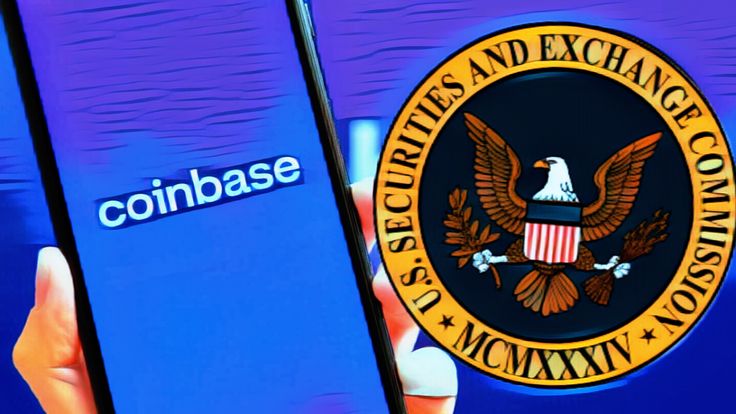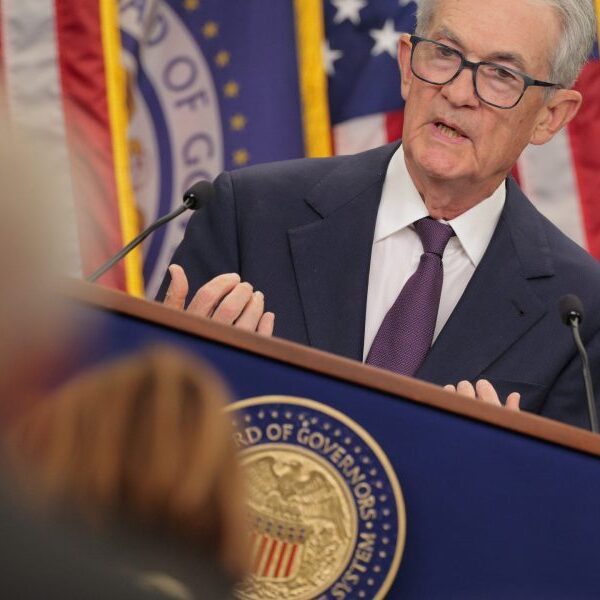US senators believe that the President’s bodyguards could do more than just wield high-powered pistols and don sleek dark glasses. The lawmakers have presented a measure that would give the Secret Service the power to look into and prosecute crimes using digital assets in a bipartisan effort.
Aimed at curbing the growing menace of illicit money and crypto use by criminals, the Combating Money Laundering in Cybercrime Act of 2024 has been proposed.
Specifics Of The Proposed Law
Sens. Amy Klobuchar (D-Minn.), Chuck Grassley (R-Iowa), and Catherine Cortez Masto (D-Nev.) introduced the bill, which would grant the Secret Service greater investigative powers to look into crimes involving digital assets, such as financial institution fraud, structured transitions, and unlicensed money transmitting enterprises.
My new bill with @ChuckGrassley gives the Secret Service the tools to investigate criminal organizations using digital assets to evade the law.
The Secret Service plays a critical role in combatting financial crime, and our bill will ensure they can continue to keep us safe.
— Senator Cortez Masto (@SenCortezMasto) August 4, 2024
This would allow the Secret Service to investigate digital asset crimes such as fraud committed by financial institutions, structured transitions, and businesses that transmit money without a licence.
Sen. Masto has underscored the clear and present danger to the nation’s security posed by the funding of illegal operations through digital assets. Within a one-year timeframe, the bill mandates the crafting of a Government Accountability Report (GAR) that evaluates the effectiveness of law enforcement in detecting and deterring the act of money laundering.
Total crypto market cap at $1.8 trillion on the daily chart: TradingView.com
Enhancing The Capabilities Of The Secret Service
Cryptocurrencies present new avenues that have led to the proposal of this measure. In order to successfully pursue “seedy financial companies” that promote money laundering and other illicit activity, Sen. Grassley underscored the need for enhanced threat assessments.
Since 2004, the Cyber Investigative Section of the Secret Service has operated as an internal unit focused on combating cybercrime. In an effort to enhance cooperation and proficiency in the investigation of financially motivated cybercrime, the agency announced the establishment of its Cyber Fraud Task Forces in 2020, merging its Electronic Crimes Task Forces and Financial Crimes Task Forces.
Greater Efforts And Bipartisan Support
Nine lawmakers introduced a similar measure as that of the CMLC2024 in January. This backing from both major parties underscores the critical requirement for new guidelines to address the risks associated with the rapidly expanding digital currency market.
Masto is attempting to address cryptocurrency and money laundering for the second time in a year with her new legislation. She filed a bill in September of last year to remove loopholes and guarantee cryptocurrency businesses abide by government regulations related to counterterrorism funding and anti-money laundering.
Chainalysis estimates that illegal addresses laundered over $22 billion worth of cryptocurrency in 2023, a roughly 30% drop from $31.5 billion in 2022.
The US Treasury underlined that cash is still the major tool used for money laundering in the US despite this notable amount. Still, in recent years government agencies such the US Treasury, Department of Justice, SEC, and CFTC have aggressively waged war against crypto criminals.
Featured image from Secret Service, chart from TradingView














